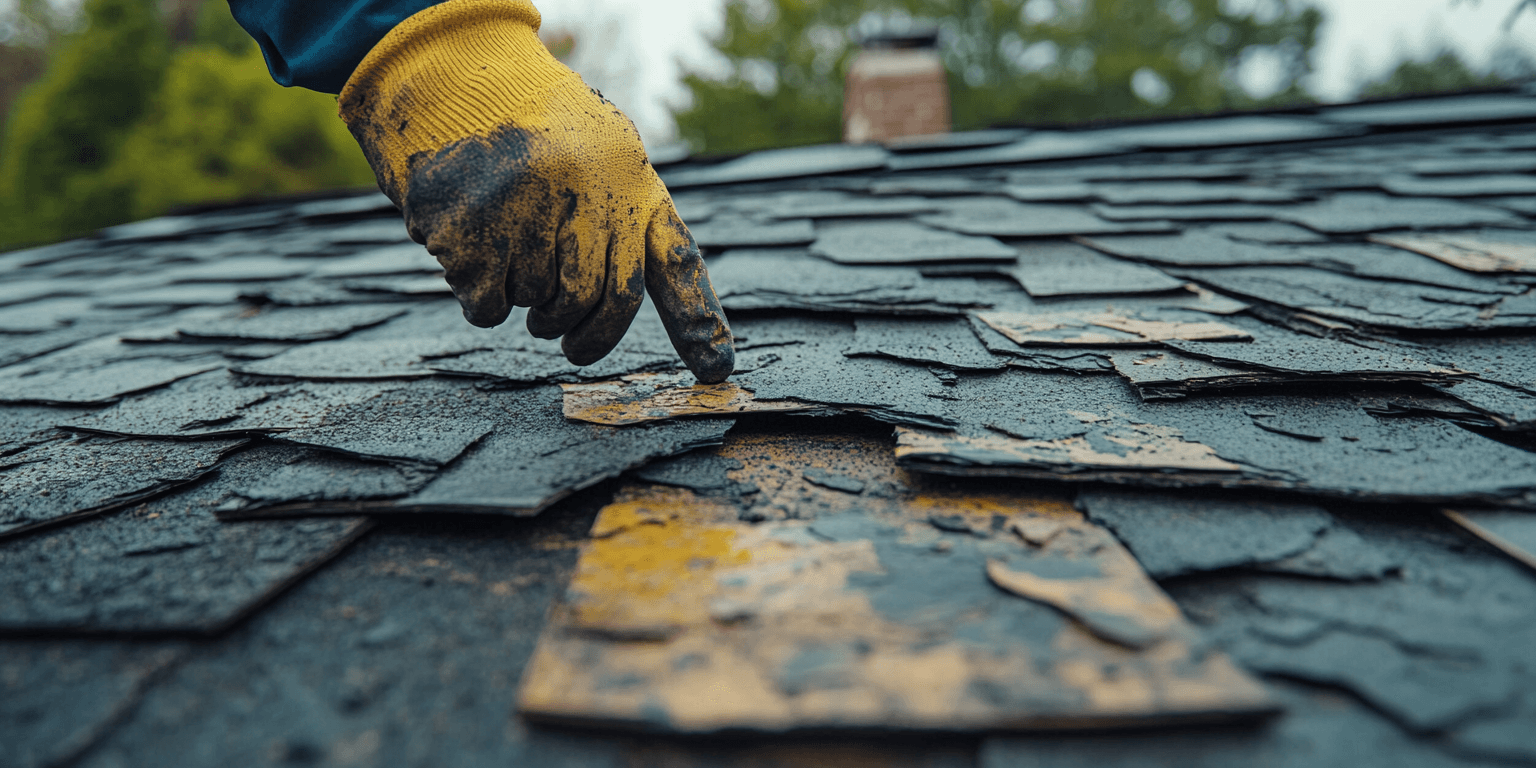When purchasing a home, the condition of the roof is one of the most important factors to consider. A roof inspection can uncover hidden problems that could lead to costly repairs or replacements down the road. At 1st Choice Inspection Services TREC#9175, we emphasize the importance of a thorough roof inspection to ensure you’re making a sound investment in your new home.
Here’s what homebuyers need to know about roof inspections and why they’re critical for avoiding hidden issues.

The roof is your home’s primary defense against the elements, and any damage or deterioration can compromise the entire structure. Unfortunately, roof problems aren’t always visible during a standard home tour, and even newer roofs can have underlying issues. A professional roof inspection provides peace of mind by ensuring the roof is in good condition before you finalize your purchase.
Skipping this step could leave you facing unexpected expenses and potential damage after moving in.

A roof inspection goes beyond a quick look from the ground. At 1st Choice Inspection Services, we provide a detailed assessment of every aspect of the roof, ensuring that nothing is missed. Here’s what our roof inspections typically cover:
Even if a roof looks fine from the outside, there are several common problems that may be uncovered during a professional inspection. These include:
A roof inspection provides crucial information that can protect your investment and help you make informed decisions. Here’s how it benefits you during the buying process:

The best time to schedule a roof inspection is during the due diligence period after you’ve made an offer on the home but before closing. This ensures you have enough time to address any issues and negotiate with the seller if necessary.
If the home is located in an area prone to severe weather, such as high winds or hail, you may want to schedule a roof inspection after a major storm, even if the roof appears to be in good condition.
A thorough roof inspection is essential for protecting your investment when buying a home. At 1st Choice Inspection Services TREC#9175, we provide detailed roof inspections that ensure no issues are missed, giving you the information you need to make an informed decision. Don’t skip this critical step—schedule a roof inspection to avoid costly surprises and ensure your new home is safe and secure.
A roof inspection helps identify potential issues that could lead to expensive repairs or replacement. It ensures that the roof is in good condition before you finalize your purchase.
Common issues include leaks, damaged shingles, poor ventilation, incorrect installation, and storm damage. These problems may not always be visible during a standard home tour.
Yes, if the inspection uncovers significant issues, you can request that the seller make repairs or negotiate a price reduction to cover the cost of fixing the roof.
A roof inspection covers the condition of the roofing materials, flashing, gutters, ventilation, and structural integrity of the roof. It also assesses the roof’s estimated lifespan and checks for any potential issues that need attention.
It’s best to schedule the inspection during the due diligence period, after making an offer but before closing on the home. If the home is in an area prone to storms, consider having an inspection after major weather events.